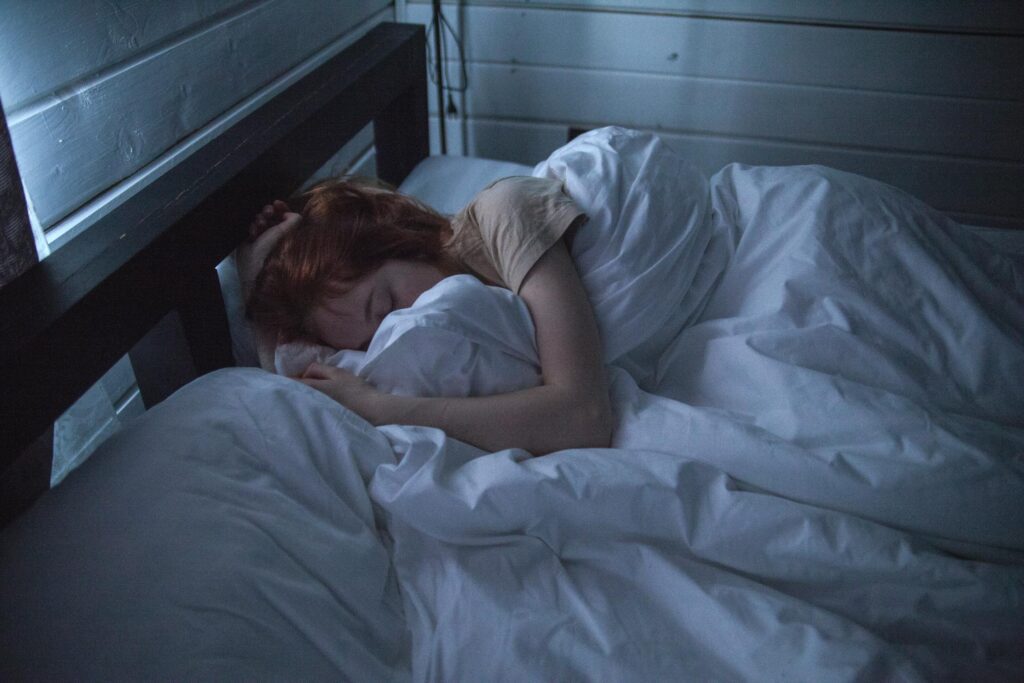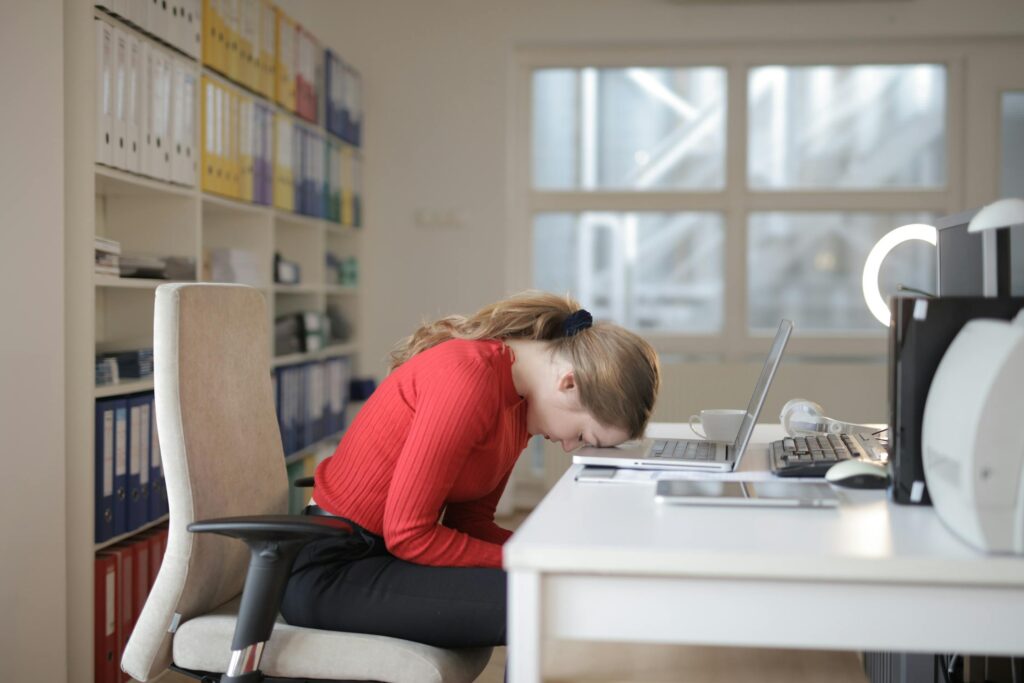Katie Potocnik Medina, LCSW
As a clinical social worker with years of experience working with adolescents and families, I’ve witnessed firsthand the profound impact that lack of sleep can have on one’s mental well-being. The intricate relationship between sleep and emotional regulation is often overlooked, but it plays a pivotal role in our ability to navigate the challenges of daily life.
A recent publication, “Sleep Loss and Emotion: A Systematic Review and Meta-Analysis of Over 50 Years of Experimental Research,” sheds light on the profound impact of sleep loss on anxiety symptoms. The study’s findings emphasize that sleep loss not only produces positive, significant effects on anxiety but also suggests that this effect is particularly pronounced in younger individuals. “Sleep loss produced positive, significant effects on anxiety symptoms, with some evidence that this effect is stronger for younger individuals.”
Reflecting on this, it becomes evident that the vulnerability of adolescents and young adults to the impact of sleep deprivation on anxiety is a pressing concern. My experiences align with these findings. Adolescents, in particular, often grapple with demanding academic, social, and familial pressures, making them susceptible to sleep disturbances. The cyclical nature of anxiety and sleep deprivation becomes a silent struggle, each feeding into the other.

Emotional Regulation: A Sleep-Deprived Balancing Act
One of the critical aspects affected by the lack of sleep is emotional regulation. When we sleep well, our ability to regulate emotions is significantly enhanced. It doesn’t imply a sudden mastery of emotional control, but rather, a better access to the tools and coping skills needed to navigate the complexities of our feelings.
I’ve observed that individuals who prioritize their sleep tend to be more resilient in the face of emotional challenges. They demonstrate a better capacity to manage stressors, respond thoughtfully to triggers, and engage in healthier coping mechanisms. On the contrary, those grappling with sleep deprivation find it challenging to access these internal resources, leading to heightened emotional reactivity. I myself have experienced this.
The Bidirectional Dance: Anxiety and Sleep
Anxiety doesn’t just impact sleep; the relationship is bidirectional. Individuals struggling with anxiety often find it difficult to attain restful sleep. Racing thoughts, worries, and physical symptoms of anxiety can create a barrier to falling and staying asleep. I would argue that everyone has experienced this at some point. The lack of quality sleep, in turn, exacerbates anxiety symptoms, creating a pattern that can be challenging to break.
Interventions that target both anxiety management and sleep have proven to be effective in breaking the cycle. Encouraging healthy sleep habits, stress reduction techniques, and mindfulness practices can contribute to improved sleep quality and, subsequently, reduced anxiety.
Nurturing the Sleep-Emotion Connection
Recognizing the profound link between sleep and anxiety is the first step toward fostering mental well-being. As a society, it’s crucial to prioritize healthy sleep habits and acknowledge the impact that adequate sleep can have on emotional regulation. Whether you’re a teenager navigating the challenges of adolescence or an adult managing the complexities of daily life, the quality of your sleep matters.
By nurturing a healthy sleep-emotion connection, we can strive to show up as the best versions of ourselves, equipped with the resilience and emotional regulation needed to navigate life’s journey which encompasses a whole lot of ups and downs.



